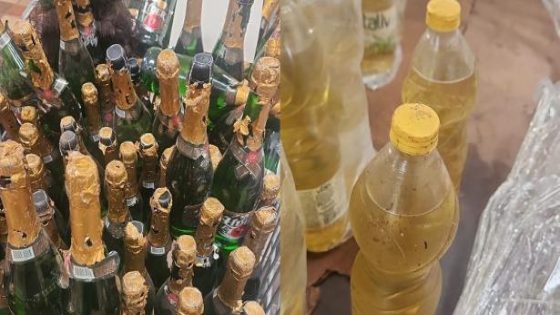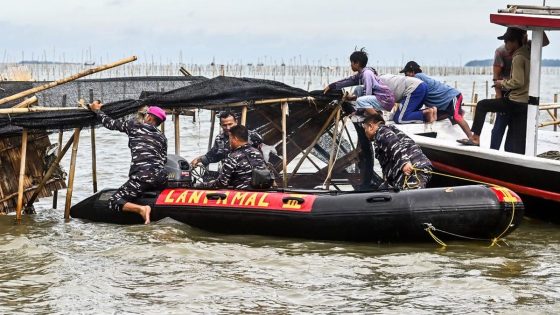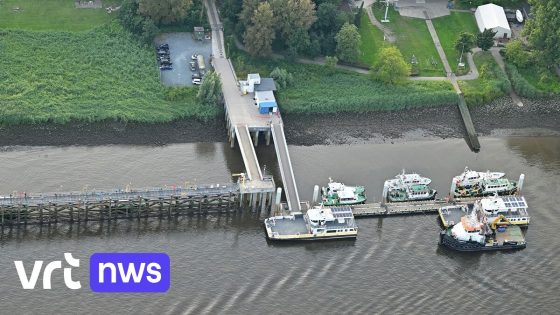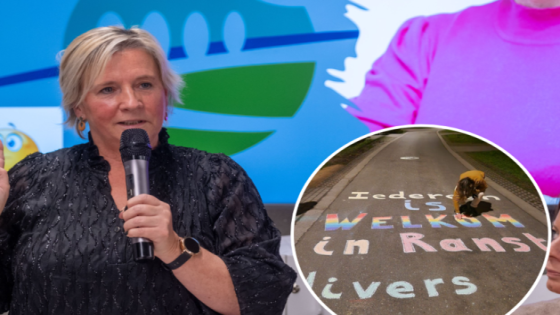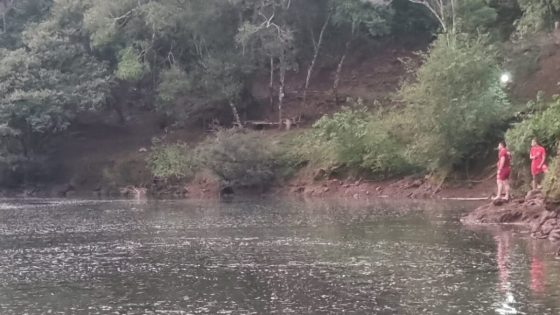A company in Rio de Janeiro is under investigation for selling 800 tons of spoiled food from the floods in Rio Grande do Sul. This food was submerged for days and deemed unsafe for consumption. How could this happen, and what does it mean for consumers?
- Company in Rio de Janeiro under investigation
- 800 tons of spoiled food involved
- Flooded food sold months later
- Legal purchase for animal feed production
- Resold to consumers at R$ 1 per kilo
- Distribution across various locations in Brazil
Investigation into Flood-Damaged Food Sales Raises Serious Concerns
How can a company sell food that was submerged in floodwaters? In January 2025, it was revealed that a company purchased spoiled food from a supplier in Canoas, Rio Grande do Sul. They claimed the food would be used for animal feed, a legal practice in Brazil. However, the food was later sold to consumers, sparking outrage.
Details of the Controversial Food Sales in Brazil
The company bought the damaged food at about R$ 1 per kilogram. After legal acquisition, they sold it to consumers across various locations, including Três Rios. This raises questions about food safety regulations and consumer rights.
Key Takeaways from the Incident
This incident serves as a reminder of the importance of food safety. Here are some critical points to consider:
- 800 tons of food were submerged and unsafe for consumption.
- The company claimed the food was for animal feed.
- Legal loopholes allowed the sale of this food to consumers.
- Public health risks are significant in such situations.
Implications for Food Safety Regulations
This case highlights the need for stricter food safety regulations. Consumers must be vigilant about where their food comes from and advocate for better oversight in the food supply chain. It also raises questions about the adequacy of current laws protecting consumers from unsafe food products.
What Can Consumers Do to Protect Themselves?
Consumers in the U.S. can take proactive steps to ensure food safety:
- Research food suppliers and their practices.
- Check for certifications and safety standards.
- Report any suspicious food products to authorities.
- Stay informed about food recalls and safety alerts.
In conclusion, the sale of flood-damaged food in Brazil serves as a cautionary tale. It underscores the importance of food safety vigilance and consumer awareness, not just in Brazil but globally.



